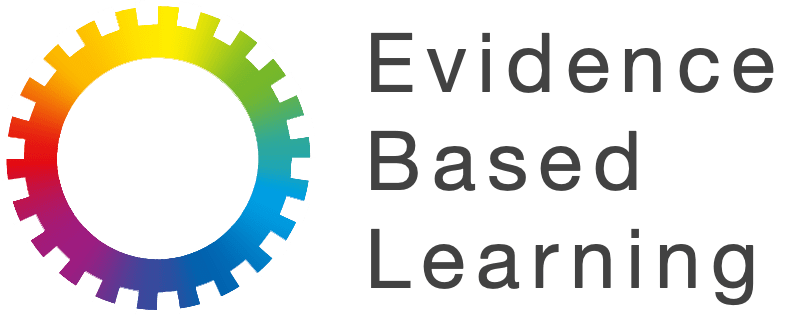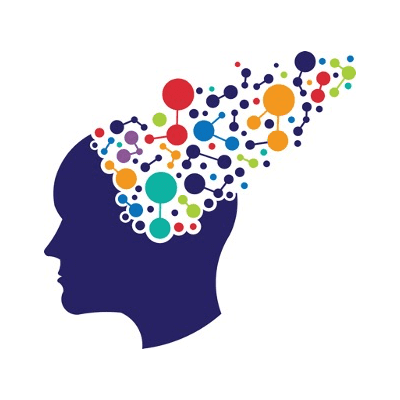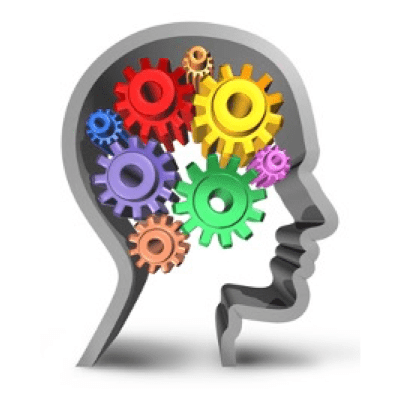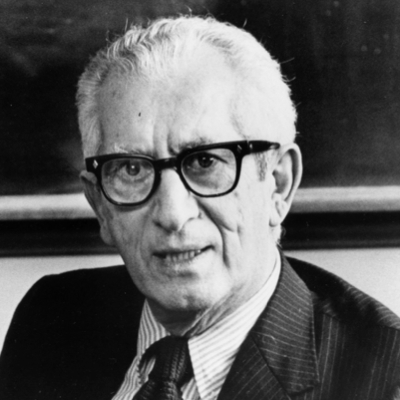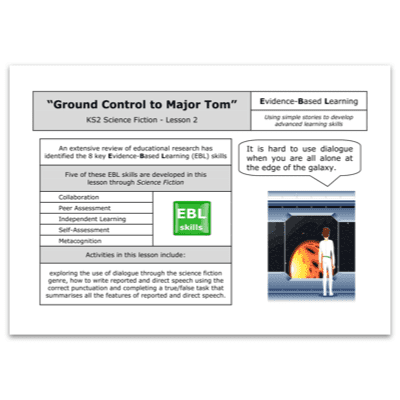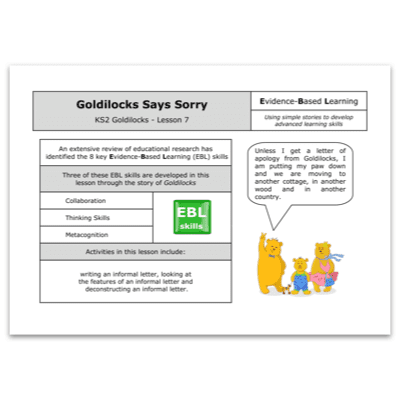

Metacognition is the key to lifelong learning. When students learn to think about their thinking, they can develop the skills they need to learn effectively and efficiently in any situation. John Flavell
Introduction to Metacognition
Metacognition is the sixth Evidence Based Learning skill proven by research to maximise learning.

What is Metacognition?
In a 1976 research paper, John Flavell defined the term metacognition as “One’s knowledge concerning one’s own cognitive (thinking) processes”.
Metacognitive aspects of problem solving – The Nature of Intelligence Flavell 1976 / Thinking About Metacognition – Vanderbilt University 2023
That’s why I ❤️ metacognition!
Cognition is the thinking skills that a learner needs to do a task
how they are going to do the task
the monitoring of their thinking as they do that task
Cognition is the lower and higher order thinking skills needed to do a task
Metacognition is the thinking skills needed to think about the best way to do that task
Metacognition is thinking about one’s thinking.
It refers to the processes used to plan, monitor, and assess one’s understanding and performance.
Metacognition includes a critical awareness of:
a) one’s thinking and learning and
b) oneself as a thinker and learner.
Metacognition – Center for teaching Vanderbilt University 2023
Metacognition needs cognitive thinking skills
What are cognitive thinking skills?
Cognitive skills are the core skills your brain uses to think, read, learn, remember, reason, and pay attention.
Cognitive skills are the brain-based skills that we need to carry out any task from the simplest to the most complex.
What are Cognitive Skills? Mind Matters – LearningRx 2019, Cognition, What are cognitive abilities and skills, and can we boost them?
Cognition is the thinking skills needed to do a task
Imagine a pupil that is answering a difficult maths question. The pupil’s cognition – their thinking skills – will be needed to do this task.
Metacognition would also be needed for the pupil to:
- be aware of possible strategies to do this task
- monitor their performance throughout the task
- correct errors during the task
evaluate their performance at the end of the task
Adapted from: Difference Between Cognition and Metacognition Oct 2014
The general order that thinking and learning skills develop:
– which comprises:
Metacognitive thinking skills
+
Non-cognitive skills
(the attitudes and the behaviours for learning – such as motivation, perseverance and self-belief)
First, I like to think about dog treats.
Then I like to think about my thinking about dog treats.
Then I like to eat all the dog treats!
Metacognition is thinking about your own thinking
🤔 Am I on track?
🤔 What strategy is best for me to use?
🤔 Have I done anything like this before?
🤔 How did I do this last time?
Metacognitive thinking is the most productive type of thinking.
💬 What you are doing.
💬 How you are doing it.
💬 The most effective way of doing it.
💬 If you did something similar before.
💬 What you could do to improve your work.
Metacognition involves the monitoring of your own thinking as you are working
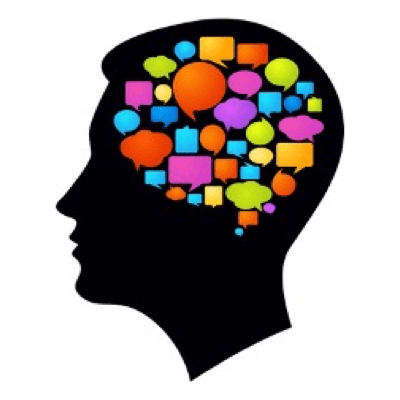
Metacognitive thinkers monitor their performance by asking themselves questions, such as:
💭 Am I on track?
💭 Am I making progress?
💭 Are there any weaknesses in my thinking?
💭 How did I do something like this last time?
Metacognitive thinkers regulate their thinking and know when to change track if they see a better way to do things.
This is different to self-regulation which needs metacognition plus non-cognitive skills – which include the behaviours to get the task done, such as perseverance if the work gets difficult.
A Definition of Metacognition
Metacognition is an awareness of one’s thought processes and an understanding of the patterns behind them.
This higher-level cognition was given the label metacognition by American developmental psychologist John H. Flavell (1976).
Metacognition – Wikipedia Scholarly Community Encyclopedia 2023

Metacognition is a transferable skill
Because cognitive strategies are task-specific, their transfer is limited. In contrast, metacognitive skills are task-general and transferable to a wide variety of learning tasks.
Transfer of metacognitive skills in self-regulated learning: An experimental training study – Schuster – Metacognition and Learning August 2020 – Research Gate
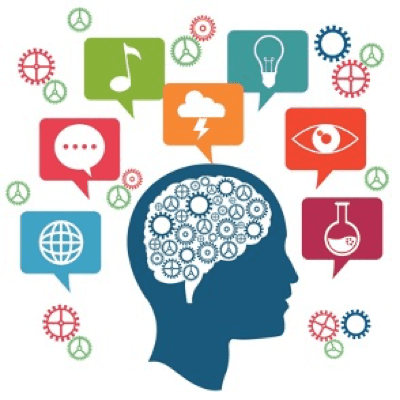
I am engaging in metacognition if:
- I notice that I am having more trouble learning A than B.
- It strikes me that I should double-check C before accepting it as a fact.
- It occurs to me that I had better check each alternative in a multiple-choice task before deciding which will be the best alternative.
Metacognitive Aspects of Problem Solving Flavell 1976 | What is metacognition? – OECD 2014
- I sense that I had better make a note of D because I may forget it.
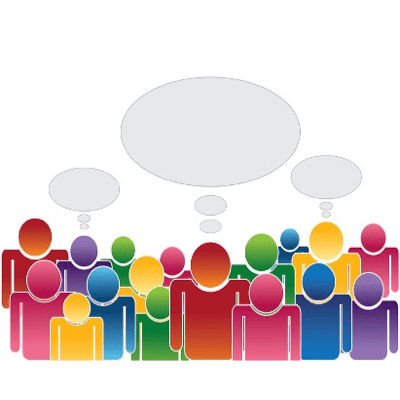
When does metacognition take place?
Metacognitive processes are presumed to take place when we think about our own thinking, for example, when we reflect upon:
Metacognition – A Literature Review – Siraj-Blatchford & Petayeva
- Whether we know something
- Whether we are learning, or
- Whether we have made a mistake
Metacognition is needed for Self-Regulation (1)
Metacognitive strategies empower students to think about their own thinking. This awareness of the learning process enhances their control over their own learning. It also enhances personal capacity for self-regulation and managing one’s own motivation for learning.
Teachers can implement metacognitive strategies to assist students to become self-regulating learners and to develop a strong sense of agency in their learning. Metacognitive activities can include planning how to approach learning tasks, identifying appropriate strategies to complete a task, evaluating progress, and monitoring comprehension.
Teacher tip: Use metacognitive strategies to empower your students Aug 2021 – Department of Education
Metacognition is needed for Self-Regulation (2)
Self-regulation refers to the extent to which pupils exert control over themselves during a task to ensure that they get the task done.
How to Identify a Self-Regulated Learner
Self-regulated learners are metacognitive:
As well as being metacognitive, self-regulated learners also have the right behaviours for learning:
Summary of Metacognition (1)
Metacognition is the process of thinking about one’s own thinking.
In a learning task, metacognitive questions might include:
Summary of Metacognition (2)
Metacognition is thinking about your own thinking
John Flavell first defined the term metacognition in a 1976 research paper as “One’s knowledge concerning one’s own cognitive processes”.
Metacognition (Flavell) Learning Theories 2022
Flavell’s definition evolved over time and metacognition was later defined as “thinking about your own thinking.”
Metacognition – Queens University
Metacognition is, put simply, thinking about one’s thinking.
Vanderbilt University 2023
Metacognition is, cognition about cognition’, or ‘thinking about one’s thinking’.
Metacognition – Cambridge Assessment – Oct 2019
Conclusion 1 – Metacognition thinking has two key components:

Metacognition thinking has two key components:
Metacognitive knowledge refers to what individuals know about themselves as cognitive processors, about different approaches that can be used for learning and problem solving, and about the demands of a particular learning task.
Metacognitive regulation* refers to how learners monitor and control their cognitive processes. For example, students with effective metacognitive-regulation skills can select appropriate learning strategies for a task and modify their approaches as they are working.
Adapted from: Cambridge Assessment: Getting Stated with Metacognition
* this is regulation of your own thinking and it is not the same as self-regulation which is regulation of your behaviours
Conclusion 2
Metacognitive thinking is the awareness and the regulation of your own thinking

Metacognitive thinking is the awareness and the regulation of your own thinking
thinking about your own thinking as you work on a task
monitoring this thinking as you work on the task
Conclusion 3

Metacognition has two key components:
Metacognitive knowledge refers to what pupils know about their own cognition. It is their awareness of their own cognitive abilities (I find spelling tests difficult), their awareness of particular tasks (the spellings for the spelling test today look really hard) as well as the different approaches that they can use for learning and problem solving (If I test myself on the spellings just before the test, I will remember them more easily).
Metacognitive regulation is how we control our thinking in order to get the task done.
For example, students with effective metacognitive-regulation skills can select appropriate learning strategies for a task and modify their approaches to their work as they are working – such as changing strategies if the strategy they are using is not working.
Adapted from: Cambridge Assessment – Metacognition 2019 | Getting Started with Metacognition | What is Metacognition?
Conclusion 4

Metacognitive thinking has two key components:
Metacognition is considered to have two dimensions:
metacognitive knowledge:
the awareness of one’s own cognitive processes and one’s strengths and weaknesses as a learner plus the understanding of how to regulate those processes to maximise learning (Flavell 1982 + Pintrich 2002)
and metacognitive regulation:
is the managing, regulating and controlling of our thinking to make sure that a task gets done
What is Metacognitive Knowledge?
Conclusion 5

Metacognitive thinking has two key components:
Where metacognition stands in the development of thinking and learning skills
Bloom’s 1956 Taxonomy of thinking skills has been used as a framework for teaching and learning since 1956
Flavell’s theory of metacognition was introduced in 1976
Bandura 1986 and Zimmerman and Schunk 2001 developed the key concepts of self-regulation
The three key 21st Century thinking skills are key for modern thinking, they are the oldest thinking skills and have been used since people first evolved.
Research on Metacognition 1
1998
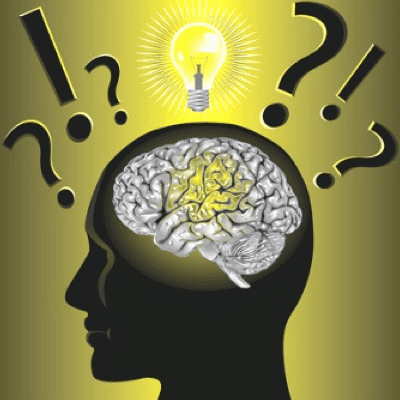
“Metacognition is essential to successful learning”
Metacognition is essential to successful learning because it enables individuals to better manage their cognitive skills, and to identify weaknesses that they can improve upon.
Promoting metacognition begins with building an awareness among learners that metacognition exists, that it differs from cognition, and that metacognition increases academic success.
Promoting General Metacognitive Awareness – Schraw 1998 Instructional Science Vol 26 – Department of Educational Psychology The University of Nebraska-Lincoln
Research on Metacognition 2
1998

Metacognition is more important than ability
A research study by Swanson (1990) showed that metacognitive ability compensated for intelligence in a comparison between pupils’ problem-solving ability.
Those with higher metacognitive ability were better able to solve problems than those with lower metacognitive ability regardless of their academic ability level.
This study reported two important findings. One was that metacognitive knowledge is not strongly correlated with ability. Second, metacognitive knowledge contributes to successful problem solving over and above the contribution of ability and task-relevant strategies.
Promoting General Metacognitive Awareness – Schraw 1998 Instructional Science Vol 26 – Department of Educational Psychology
The University of Nebraska-Lincoln
Research on Metacognition 3
2004

Metacognition improves performance
Teaching pupils about metacognition – or thinking about their thought processes – often provides the tools necessary to turn mediocre or failing academic performance into excellent performance.
When pupils are taught how to learn, their performance usually takes an immediate and dramatic turn for the better.
Emphasising Two Underutilised Dimensions of Learning: Metacognition and Motivation – McGuire 2004 Center for Academic Success
Research on Metacognition 4
2007

“Metacognition is at the heart of all learning”
Metacognition is at the heart of all learning.
It involves learners in tracing back to how the task was tackled to understand their own thinking and learning processes.
Learners need to “unpack their thinking” in order to appreciate the strategies they have used to learn, to assimilate the learning that has taken place and to link the learning to a new context.
Why Develop Thinking and Assessment for Learning in the Classroom 2007
Research on Metacognition 5
2008

“Metacognitive skills rather than intellectual ability is the main determinant of learning outcomes”
When tasks are more complex for pupils, the quality of their metacognitive skills rather than their intellectual ability is the main determent of learning outcomes.
A metacognitive pupil is more likely to use a range of strategies that might work. A pupil without metacognition will have to rely on trial and error.
Adapted from: Visible Learning: A Synthesis of Over 800 Meta-Analyses Relating to Achievement – Hattie 2008
Research on Metacognition 6
2010

Metacognition is necessary for the transfer of learning
One prerequisite for the successful transfer of learning appears to be the extent to which pupils have developed the tendency to metacognitively monitor their own thinking.
Have your pupils develop an inner voice where they ask themselves questions as they work on a task, for example:
What’s this about? How shall I do this? What have I done
before that might help? Is this working?
Is there another way – a better way? What went well?
What would I do differently next time?What have I learned? Where could I use this again?
Anne de A’Echevarria – Learning for Transfer: Activities for Developing an ‘Inner Voice’ to Monitor Thinking March 2010
Research on Metacognition 7
2012

“Metacognition allows pupils to be more expert-like in their thinking”
Pupils with well-developed metacognition can identify concepts they do not understand and select appropriate strategies for learning those concepts.
Metacognition allows pupils to be more expert-like in their thinking and more effective and efficient in their learning. While collaborating in small groups, pupils can also stimulate metacognition in one another, leading to improved outcomes.
Fostering Metacognition to Support Student Learning and Performance Stanton et al – Life Sciences Education – Vol 2 Issue 2 – Jun 2012
Research on Metacognition 8
2019

Metacognition can be developed before, during and after a lesson
Metacognition is an individual’s ability to identify their current thought process and select helpful strategies to tackle challenges more effectively. It can be developed throughout a lesson.
Teachers can encourage the development of metacognition in the classroom by giving pupils the opportunity to use metacognitive strategies at key stages of a task. This ensures that they improve both their self-awareness and ability to choose effective thought processes in the future.
One way to do this is to break down the strategies into the three stages: before a task, during a task and after a task.
How to Improve Metacognition in the Classroom 2019 Innerdrive
